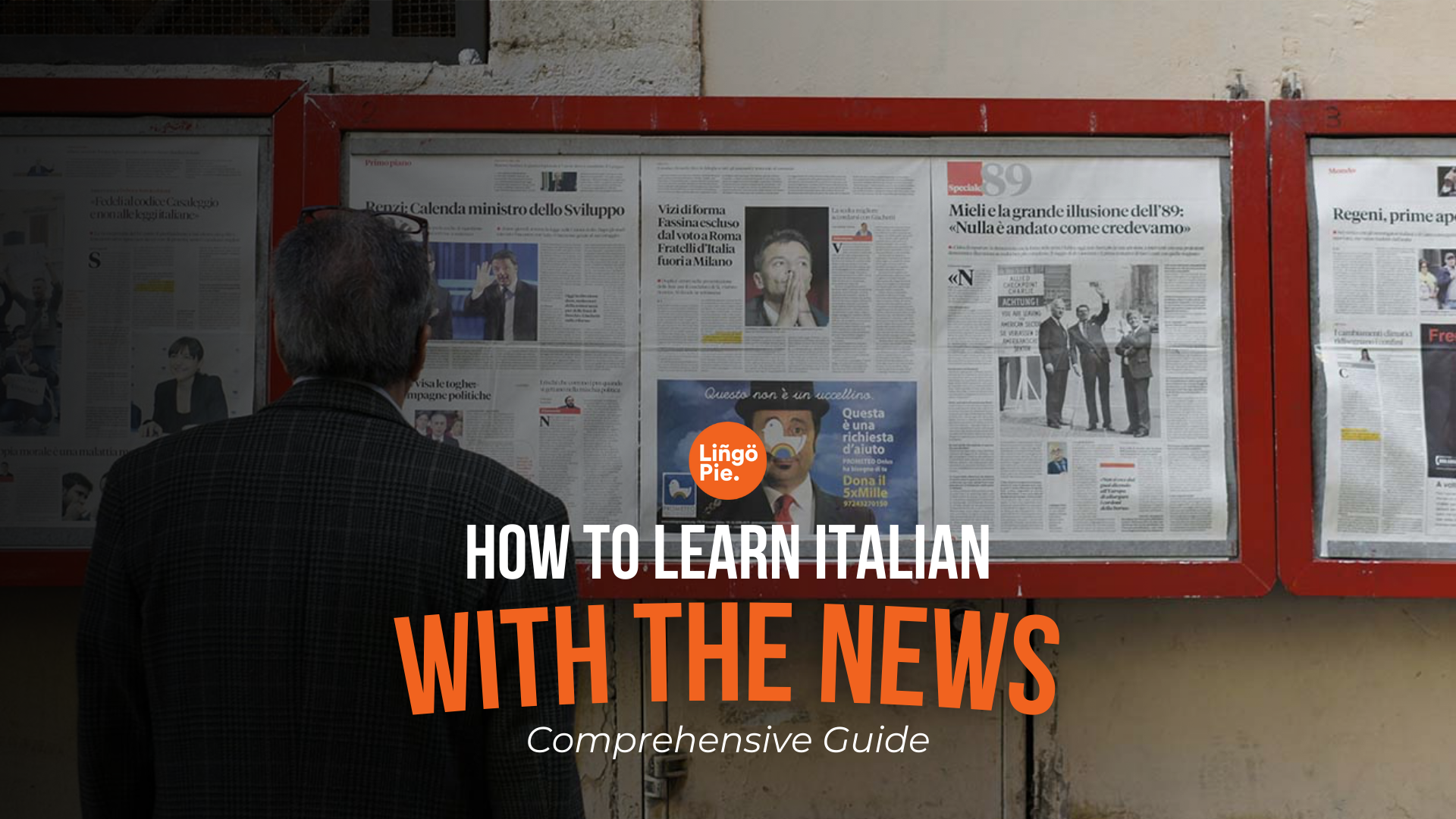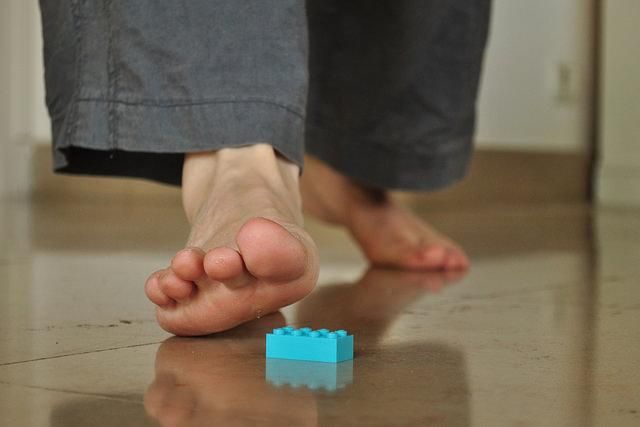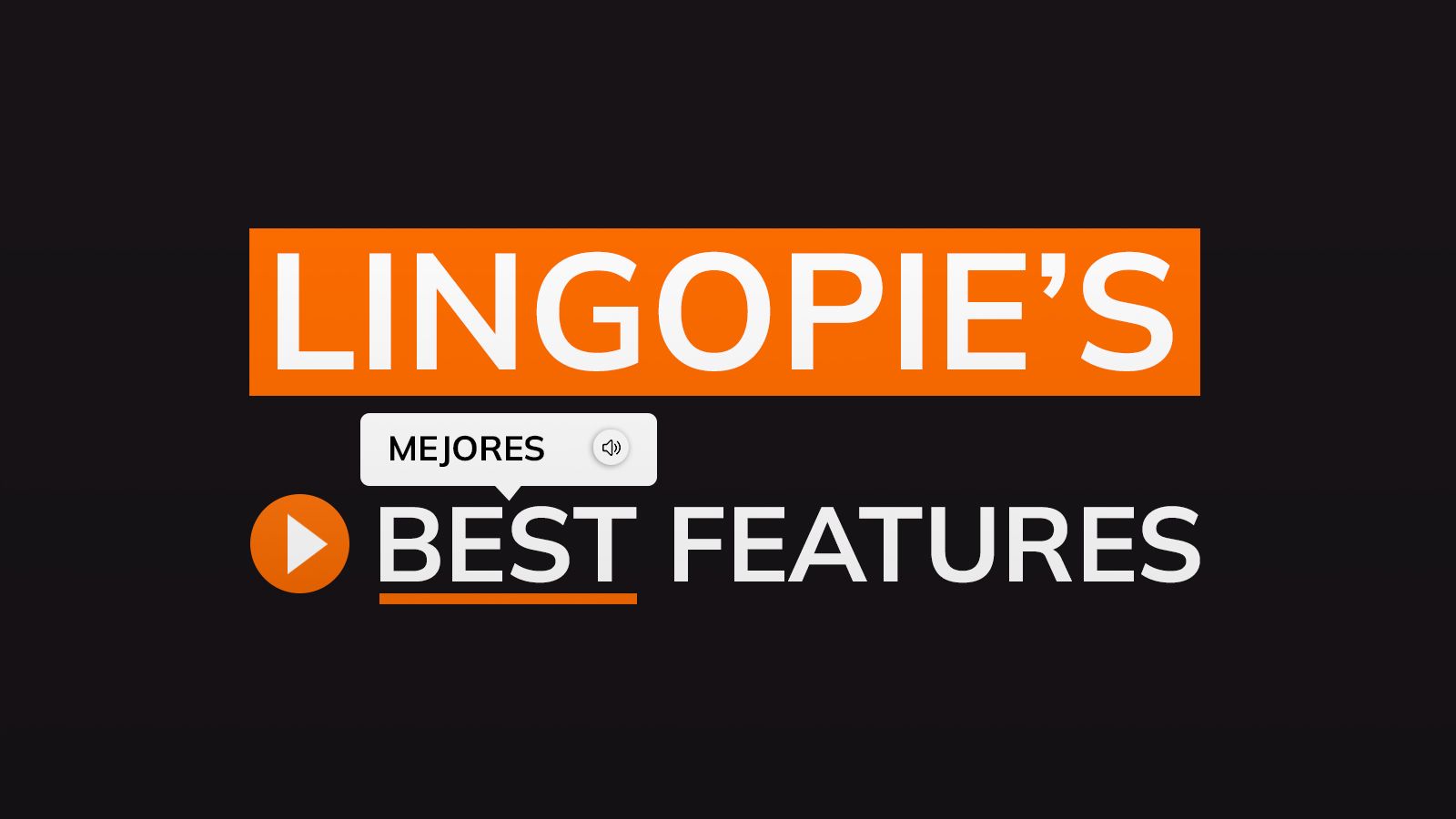It’s no secret that learning a foreign language is a long-term ordeal. We have already covered how long it takes to learn Spanish from scratch – and you can use the same timeline for French, German, Italian, or Portuguese. With its complex alphabet, Russian will demand a few more months and tears out of you.
This path is not a straightforward one, either. Roadblocks and plateaus are common, and many spend weeks feeling like they are not making any progress. But fret not: these roadblocks are usually shattered when you accidentally hit the next milestone.
Yes – it will happen when you are not trying.
- Why Do You Sound Different In a Foreign Language?
- Best Language Learning Programs for 2025: Tools That Get Results
- 8 Best Spaced Repetition Apps For Language Learning

Why Do These Milestones Matter?
In a way, milestones and goals always matter, and the language acquisition process is no exception. That sense of accomplishment hits our brain’s reward mechanism and makes us feel excited at our own accomplishment, boosting our motivation. This is why so many apps and games now play funky sounds and give you stars whenever a quest is completed!
The milestones we list here are not as flashy or as simple, but they all show that you have leveled up your language skills somehow. They may happen when you are on your own, actively using the language – so it will be up to you to reward yourself.
6 Exciting Milestones That Show You’re Progressing
Beginner-Level Breakthroughs
These usually happen within the first few weeks or months after you actively commit to learning a foreign language. They all showcase basic, but vital skills!
#1 – The first time you catch song lyrics
You know that catchy summer hit from last summer? It may have even been part of the reason why you decided to learn a foreign language and fell inlove with a new culture.
The great thing about pop hits is that their chorus and bridge tend to be simple, to the point, and rhyme. Because of this, it may not take you long for you to be able to sing along to it, pronounce it correctly, and finally understand what it’s about.
Spoiler alert: They don’t actually want you to be nice and quiet.
#2 – The first time you order something with zero English
When we are first learning a new language, we all need to revisit our introverted selves for a few months. It will be a while before you can casually chat with a server and find out about their childhood.
On the other hand, a basic and to-the-point interaction may already be within your grasp. It is very satisfying to be able to choose something off a menu, read its name properly, and understand the price without ever resorting to English. And to think a few weeks ago you couldn’t even say “food now!”
Intermediate-Level Exciting Moments
When you hit the “intermediate” level, you can already handle small talk with ease. However, talking to native speakers may still feel confusing and frustrating.
At this stage, progress also slows down, and fatigue begins to accumulate. . Take advantage of any of these milestones to renew your commitment to learning a new language.
#3 – When you catch that headline without help
Something important happened tonight, and your local English news may not be covering it yet. Whether good or bad, the best way to find out the gritty details is to tune in to the TV and start listening.
Maybe you had tried this before, and you only managed to make out a few isolated words. However, aided by the moving headlines, the videos, and the anchor’s perfect elocution, you suddenly figure it out!

#4 –The first time you get directions (and understand them!)
Traditional language schools usually cover “asking for directions” during the first few lessons. These kinds of conversations usually happen in busy streets and are peppered with slang and car horns in real life.
This is why you may not be able to follow those directions until many months afterwards!
If you have finally managed to reach your destination without resorting to English, congratulations. We are sure you learned the slang on Lingopie.
- 50 Ways to Ask for Directions in Italian
Advanced-Level Exciting Moments
“Conversational” takes hard work, but “fluent” is the actual marathon. Look out for these milestones; they signal that the finish line is near.

#5 – When you first react in your new language
When we are surprised, scared, or in pain, our true selves will come out first – and so does our native language. At times of real crisis, you may have no choice but to express yourself in the language you know best.
But what if you are just startled? If Mr. Whiskers jumped at you, and you said: “Mon Dieu” rather than “Gosh darn”, it’s probably because you were already thinking in French at the moment. And you managed to stick to it!
This is huge!
#6 – Did I dream that?
The final and most elusive of all language mastery symptoms: being able to dream in your new language. For many, this may take years – especially if you don’t usually recall your dreams vividly enough.
But if it happens, make sure to buy yourself an ice cream immediately after you finish filling out your dream diary.

How to Track Your Progress in Language Learning
Tracking your progress while learning a language isn't just about checking off completed lessons – it's about understanding your growth journey and staying motivated through tangible evidence of improvement. Let's explore the most effective methods to monitor your language learning progress.
Language Learning Journals
A language learning journal is your personal record of progress, capturing both major milestones and daily achievements. The most effective approach is maintaining a daily log where you write about your experiences in your target language. Even 15 minutes of writing can help you process what you've learned and identify areas where you need more practice. Consider incorporating notes about shows you've watched on Lingopie or new expressions you've learned from native content.
Key journaling approaches:
- Daily vocabulary and phrase logging from real-world content
- Weekly reflection on learning achievements
- Notes on challenging grammar points encountered
- Records of successful conversations with native speakers
- Lists of expressions learned from TV shows and movies
- Progress notes on comprehension of native content
Assessment Methods
While formal tests have their place, effective self-assessment goes beyond traditional quizzes and exams. The Common European Framework of Reference (CEFR) provides an excellent foundation for tracking progress across different language skills. Regular assessment should focus on practical skills rather than just theoretical knowledge, including how well you understand native content like the shows and movies available on Lingopie.
Effective ways to assess your progress:
- Monthly CEFR self-assessment checks
- Recording comprehension rates for native content
- Tracking conversation fluency with language partners
- Measuring reading speed and understanding
- Testing vocabulary retention through real-world usage
- Evaluating understanding of different accents and dialects

Progress Tracking Apps
Technology has revolutionized how we monitor language learning progress. Modern language learning apps provide sophisticated analytics that help you understand your learning patterns. The key is finding apps that complement your learning style and provide meaningful feedback about actual language usage. For instance, while vocabulary apps track word retention, streaming platforms like Lingopie can help you monitor your progress with real-world language comprehension.
Useful tracking features to look for:
- Vocabulary retention statistics
- Time spent engaging with native content
- Speaking accuracy metrics
- Writing progress indicators
- Listening comprehension scores
- Interactive exercise completion rates
Recording Techniques
Recording yourself speaking is one of the most powerful yet underutilized tools in language learning. Regular recordings provide concrete evidence of your progress and help you identify areas for improvement. Try recording yourself summarizing episodes you've watched or explaining plots in your target language – this provides natural speaking practice with familiar content.
Essential recording practices:
- Weekly one-minute speech samples
- Show plot summaries in your target language
- Conversations with language exchange partners
- Read-aloud sessions with native content
- Responses to common conversation topics
- Role-play scenarios based on real situations
Creating Your Personal Progress System
The most effective progress tracking combines multiple methods into a personalized system. Start with one primary method and gradually incorporate others as they fit your routine. The key is finding a balance between tracking progress and actually engaging with the language through immersive content like movies, shows, and real conversations.
Elements of an effective tracking system:
- Regular journal entries about learning experiences
- Monthly progress assessments across all skills
- Recorded speaking samples for comparison
- App usage statistics and achievement records
- Notes on comprehension improvements
- Documentation of real-world language use
Remember, the ultimate measure of progress isn't in the numbers or charts, but in your growing ability to understand and engage with native content and speakers. Let your tracking methods support and motivate you, while keeping the focus on actual language acquisition through immersive learning experiences.
Final Thoughts
Hitting milestones provides us with a sense of accomplishment that keeps us motivated. This can be invaluable for a long, challenging goal such as learning a new language.
Make sure to look out for any of the milestones we listed above! These are not simply good grades or “lesson completed” alert messages. They will happen as you use the language in real-life scenarios, not in the classroom. If you want to trigger them quickly, you can also study the natural language people use in daily life – and what better way to do this than through a sitcom?

Lingopie is an on-demand service offering thousands of hours of foreign-language TV series and movies. Our goal is to help you master a second language and a second culture.








![Is Lingopie Free? Plans, Pricing & Free Trial Guide [2026]](/blog/content/images/size/w300/2026/01/Is-Lingopie-Free.jpg)
![How To Gift Lingopie: One-Year vs Lifetime Subscription [GUIDE]](/blog/content/images/size/w300/2026/01/lingopie-gift-subscription.jpg)
![What is Lingopie? Complete Platform Guide [2026]](/blog/content/images/size/w300/2026/01/What-is-Lingopie.jpg)